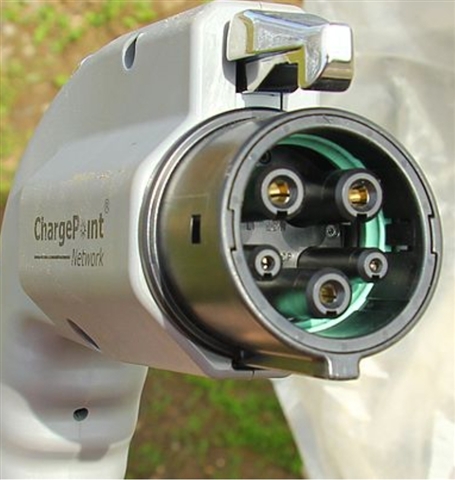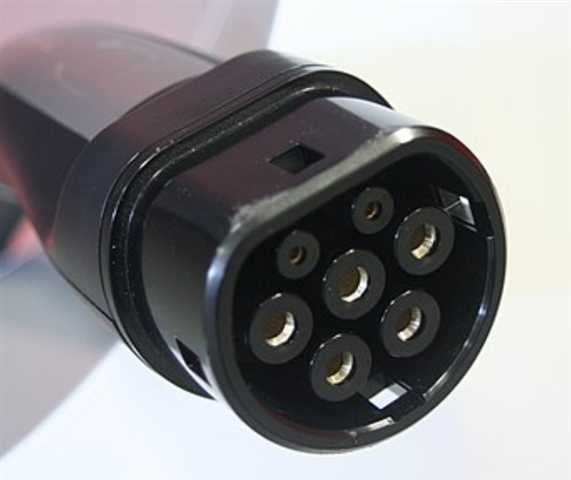For speed of charging an electric vehicle, homeowners are considering to install a three-phase power supply to charge their car up to 22Kw instead of up to 7Kw on single phase. If this was the case, are there any safety precautions that need to be considered, by the homeowner, assuming that a power company would be supplying and connecting the three-phase power supply to a high-power electric vehicle charger?

